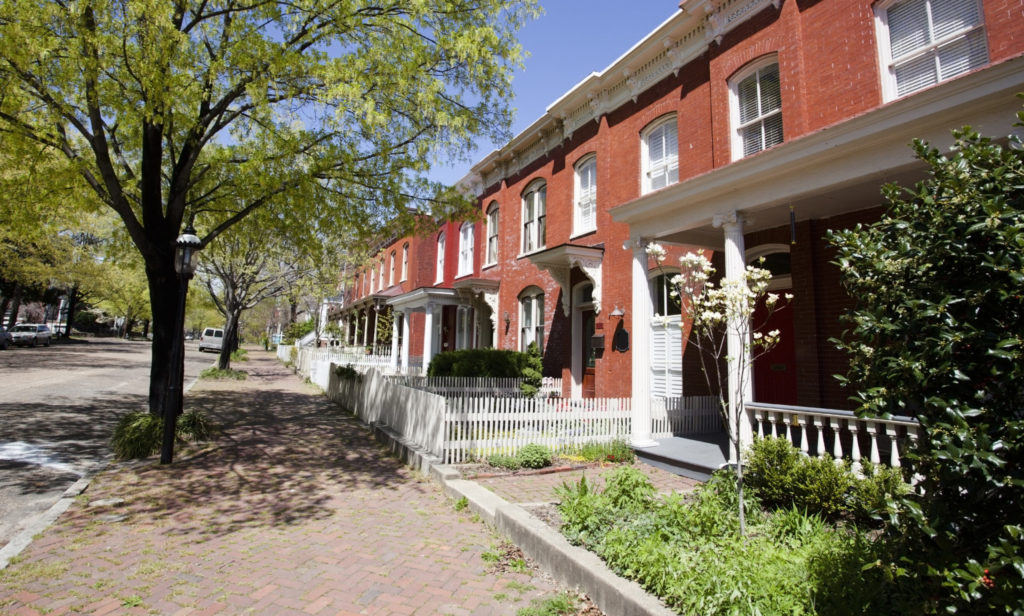The FWD #145 • 390 Words
YEER lets young Richmonders investigate the causes and effects of eviction
In the housing policy world, there’s often a gap between the persons affected by bad policy and the persons trying to fix it. A recent effort in Richmond gives us a valuable new model for seeking community input to answer a critical question: Who is an expert and whose insights shape policy?
Over the past year, Virginia Commonwealth University’s RVA Eviction Lab and School of Social Work worked with the community-based organizations Virginia Community Voice, Six Points Innovation Center, and Advocates for Richmond Youth. Together they created the Youth Empowerment Through Eviction Research (YEER) Program. Last week this group held a virtual forum, attended by over 100 people, to share their research on how eviction affects communities and what can be done about it.
The YEER Program invites young people to conduct their own investigations into evictions’ impacts in their communities. The program uses “Youth participatory action research”—a methodology that “shifts power to those who should be leading the charge” and “challenges our white dominant notions of expertise,” said co-coordinator Dr. Alex Wagaman.
Five students from each community-based organization spent the year answering a research question:
- The Virginia Community Voice cohort focused specifically on the impacts of eviction on the mental health of Richmond’s Southside residents.
- The Six Points Innovation Center cohort wanted to better understand the interconnection between the mental trauma of eviction and gun violence.
- The Advocates for Richmond Youth cohort sought to record and understand the unique experiences of Black and Brown LGBTQIA+ community members and housing instability.
Youth researchers crafted research questions and collected data through surveys, site visits, and interviews. In one example, YEER participants built maps demonstrating how a single eviction precipitates a series of moves into unsafe and often temporary housing.
Their findings bring to light underappreciated aspects of eviction, including how uniquely vulnerable Black LGBTQIA+ community members are to housing instability. The youth also found that eviction negatively impacts mental health. They identified impacts that destabilize whole communities through heightened social conflict, sometimes expressed as gun violence.
Their work shows how including those most affected by housing problems and giving them the resources they need to answer questions can more deeply and rigorously inform our understanding of this pressing issue, which is more likely to lead us to better solutions.
